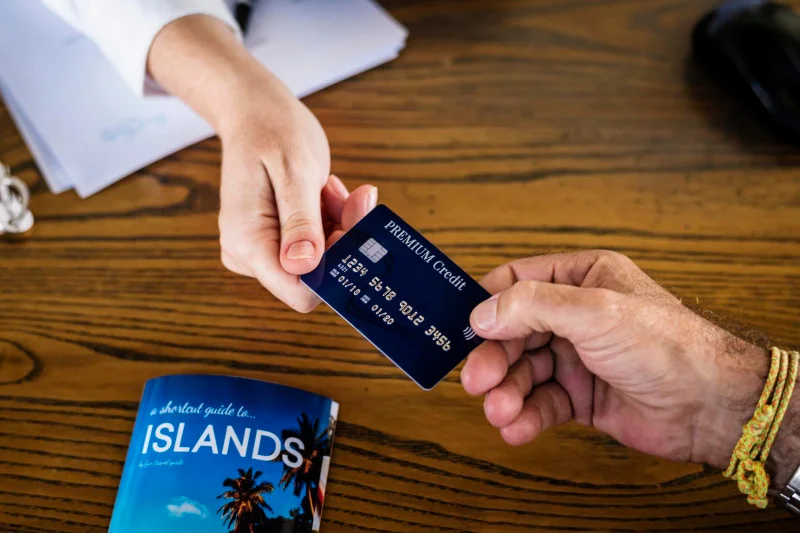How to Make the Most of Your Tax Refund
It’s tax time and, good news, you saw a return this year! Coming your way will be a check or deposit from the IRS (and possibly the State) to pay you back overages in taxes that you paid throughout the year. Now what to do with it?
1. Check to see if your withholding is appropriate for you.We’ll start by clarifying that the refund check that you are receiving has been yours all along. This is money that you paid in taxes above what you were obligated to. If your refund is sizeable, check with your tax preparer or tax professional and see if you can adjust so that you are keeping more of your own money in your paychecks. More money monthly could mean hitting your financial goals faster. If you are working to pay off debt, having that money earlier could mean paying less interest, saving you more money.
2. Assess any outstanding debts. Are you behind on any important bills? That may be the first place you apply an overage refund check. If you are current but have any credit cards or debt payments, this is the next place to look. Consider paying down the principal on a loan or credit card balance to get toward payoff that much faster. It may not feel as exciting as a trip or a new pair of skis, but paying down debt will reduce the number of monthly payments you have to make, meaning you keep more of your hard earned money every month. You will also pay less interest over the life of your loan, potentially saving you a ton of money in the long run. Plus, who likes the weight of debt on their shoulders? Kick the debt for good and see a boost in your mental health and a reduction in your stress levels.
3. Have no debt? Awesome! Are you contributing to your retirement accounts at the rate you want to? If you are behind on what you are wanting to contribute, consider putting some money towards your investments. Compounded interest now becomes your greatest ally when investing for retirement. Small amounts invested today turn in to large amounts in growing years.
4. Consider giving charitably. Are your needs met, leaving you feeling fortunate and grateful? Consider giving back to your community in the way of a charitable financial contribution. Do your homework and find some organizations that you feel pulled to and that check out from a financial standpoint. Sites like www.charitynavigator.org will help you to check the specs on different charities, viewing how responsibly they use your contributions. This can be really helpful when deciding where to give your heartfelt donations. You want to know that the organizations you are giving to will use the funds in an ethical and wise way.
5. Put some money away for Christmas. Yes, it may seem early to be thinking about Christmas spending and giving. But in reality, it is approaching fast from a financial standpoint. Rather than scrambling this Christmas and putting gifts on credit cards to fund a holiday you can’t afford, put some away in a separate savings account now. Decide on a budget for all the recipients on your list and sock that amount away (or at least a portion). By the time black friday rolls around, you will have the cash you need to buy AND take advantage of savings offered at this time of year. The savings is threefold: 1. cash you put away can earn a small amount of interest 2. You will not be financing your purchases at 18-24% interest on a credit card, saving you a ton, and 3. You can buy at steeply discounted prices by taking advantage of the time of year. AND you will reduce your stress around the holidays, making them more enjoyable for everyone. Because let’s face it. No one likes grumpy pants around the holidays.
When it comes to your return, spend (or save) it wisely, and remember that it is your money to begin with, not a bonus that floats to you out of thin air. Use it like money you earn, not money that was gifted to you.






